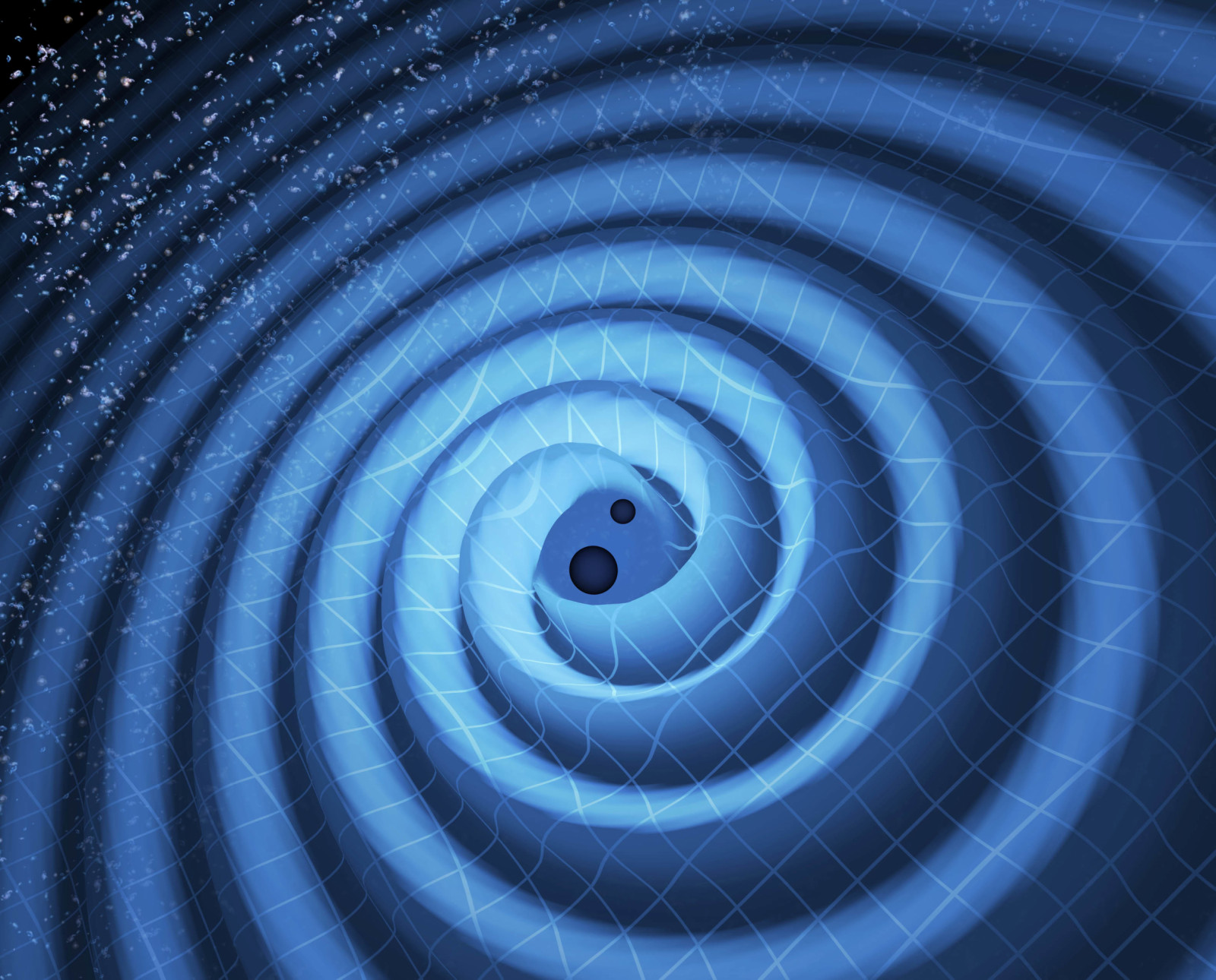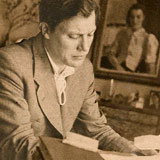|
|
|
|
|
The Universe - physical and poetic perspectives
|
|
Death of a star
|
|
A fascination for our Universe and the unknown have inspired scientists and humanists alike for as long as mankind has existed. Some riddles have been solved while many are still to be tackled. The secrets behind the life and death of stars and the dawn of the universe are but a few of the mysteries that Nobel Laureates have tried to solve with their work. On a long sea voyage from India to England in 1930, the young Subramanyan Chandrasekhar passed the time by thinking about what happens to more massive stars once they stop shining. Driven by this curiosity, his work related to the structure and evolution of stars was awarded the 1983 Physics Pri
|
|
|
|
|
|

The Nobel Prize in Physics 2017 was awarded for the observation of gravitational waves.
|
|
|
Gravitational waves captured
|
|
|
|
On 14 September 2015, the universe's gravitational waves were observed for the very first time. The waves, which were predicted by Albert Einstein a hundred years ago, came from a collision between two black holes. It took 1.3 billion years for the waves to arrive at the LIGO detector in the USA.
The Nobel Prize in Physics 2017 was awarded to Rainer Weiss, Barry C. Barish and Kip S. Thorne "for decisive contributions to the LIGO detector and the observation of gravitational waves".
|
|
|
|
|
|
|
|
"This is the radiation we are looking at, it's the Big Bang itself"
|
|
|
|
The 100th Nobel Prize in Physics was awarded to John Mather and George Smoot in 2006 for recording faint echoes of the birth of the universe to gain understanding of the origin of galaxies and stars. Listen to them talking about the universe and the Big Bang
|
|
|
|
|
|
|
Mapping the Universe
|
|
|
|
What will be the final destiny of the Universe? The 2011 Physics Laureates observed supernovae and discovered that the Universe is expanding at an ever-accelerating rate. Listen to their discussion.
|
|
|
|
|
|
|
Reflection on the Cosmos
|
|
|
|
"O would that we could turn back to our base
now that we realize what our space-ship is:
a little bubble in the glass of Godhead."
The most famous poem Aniara by Nobel Laureate Harry Martinson is a journey through space.
|
|
|
|

Harry Martinson, 1943.
Public domain:
Wikimedia Commons |
|
|
|
|
|
We respect your privacy
|
|
|
|
In our Privacy Policy we thoroughly explain which data we collect and why, how we use it and how you can control it's usage. We only store is your e-mail address in order to be able to send you these newsletters. Your data is safe with us.
With this update we comply to the regulations set by the General Data Protection Regulation (GDPR).
|
|
|
|
|
|
This e-mail was sent to you using the Nobelprize.org distribution service:
We maintain a strict policy for the Nobelprize.org Monthly. When you sign up, you can be assured that your e-mail address will not be sold, given or traded to any third party.
All content copyright © Nobel Media AB
|
|